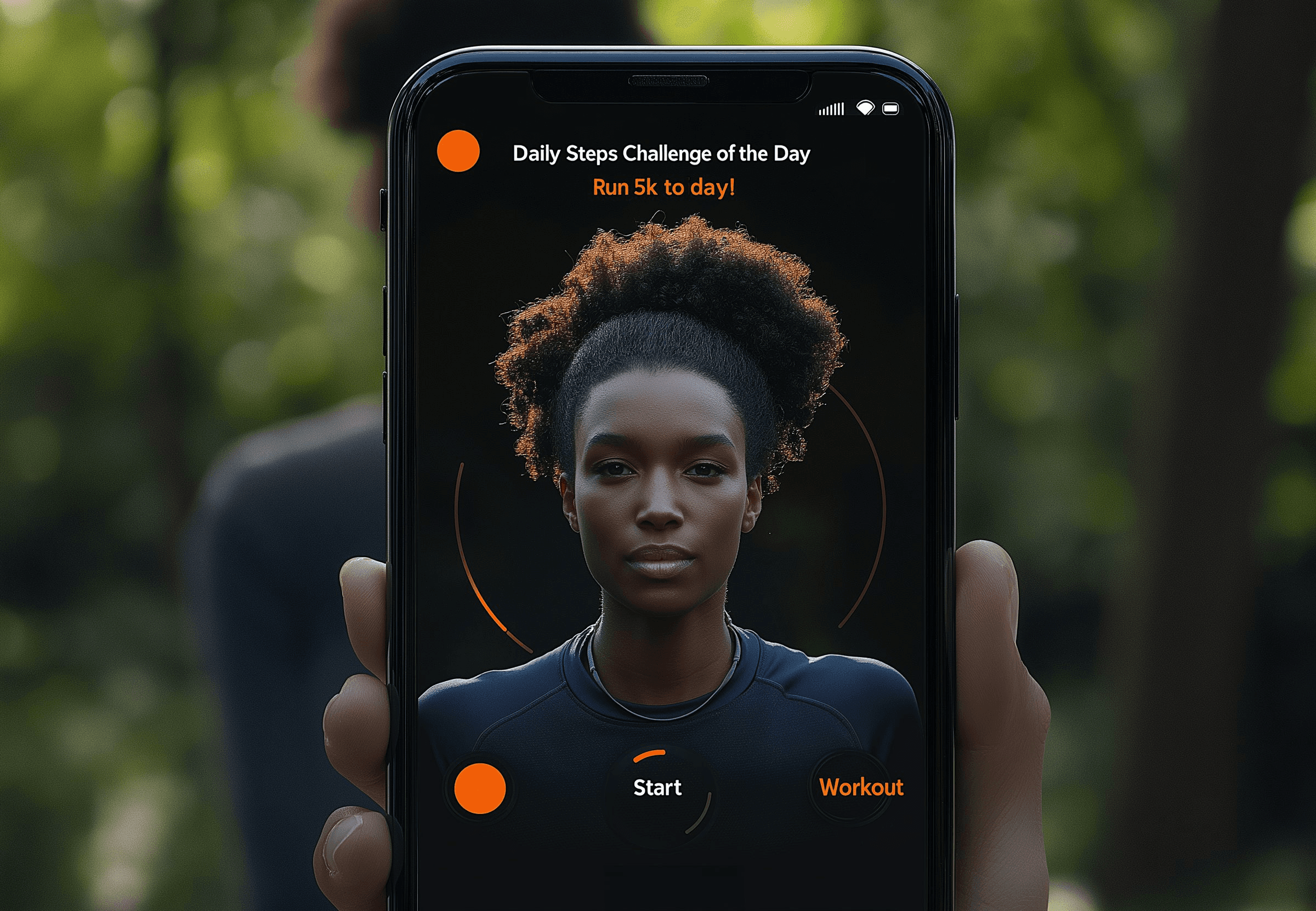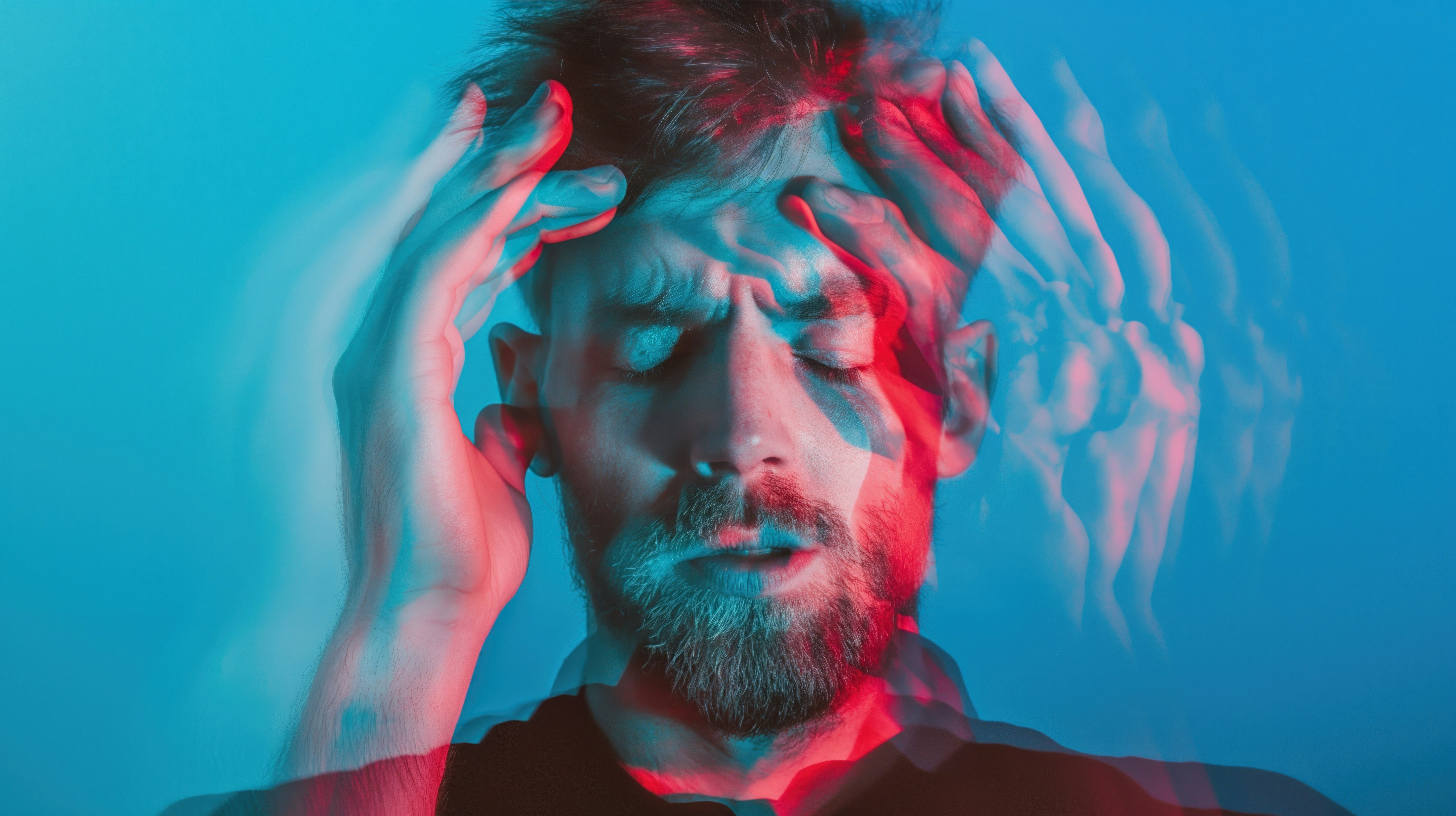Sep 13, 2024
Introduction:
In recent years, the convergence of technology and mental health has created a new frontier in digital wellness: mental health applications. As smartphones grow more prevalent daily, these applications provide unparalleled access to mental health resources, support, and therapies. This blog article digs into the realm of mental health applications and their potential to change how we approach mental wellness in the digital era.

The Growing Importance of Mental Health Applications:
With the worldwide epidemic emphasizing the vital need for accessible mental health care, mental health applications have grown in popularity. These digital technologies provide various services, including mood tracking, meditation guides, cognitive behavioral therapy (CBT) activities, and virtual therapy sessions.
Key Advantages of Mental Health Apps:
Accessibility: 24/7 access to mental health resources.
Affordability: Often cheaper than orthodox treatment.
Privacy: Discreet support for people who are reluctant to seek in-person treatment.
Personalization: AI-powered insights customized to individual requirements.
Consistency: Regular check-ins and progress monitoring.
Popular Features of Mental Health Apps:
Mood monitoring and journaling
Guided meditation and mindfulness activities.
CBT-based activities and thought-provoking tasks
Sleep tracking and enhancement strategies
Community support forums
Teletherapy Integration
Challenges and Considerations:
While mental health apps offer numerous benefits, it's crucial to address potential challenges:
Data privacy and security concerns
Ensuring app effectiveness and evidence-based practices
Balancing automation with human touch in mental health care
Addressing the digital divide and accessibility issues
The Future of Mental Health Apps:
As technology continues to evolve, we can expect to see:
Enhanced AI and machine learning for more personalized interventions.
Integration with wearable devices for comprehensive health monitoring.
Virtual reality (VR) and augmented reality (AR) for immersive therapy experiences.
Improved data analytics for better mental health insights and predictions.

Conclusion:
Mental health applications are a big step forward in digital wellbeing, providing creative answers to long-standing mental health issues. As these technologies advance, they have the potential to democratize mental health care and enhance the general well-being of millions of people globally.
Are you a developer or an entrepreneur looking to create effective mental health apps, or a healthcare provider wanting to incorporate digital technologies into your practice? Contact us to find out how we can assist you in the fascinating mental health app development field.



